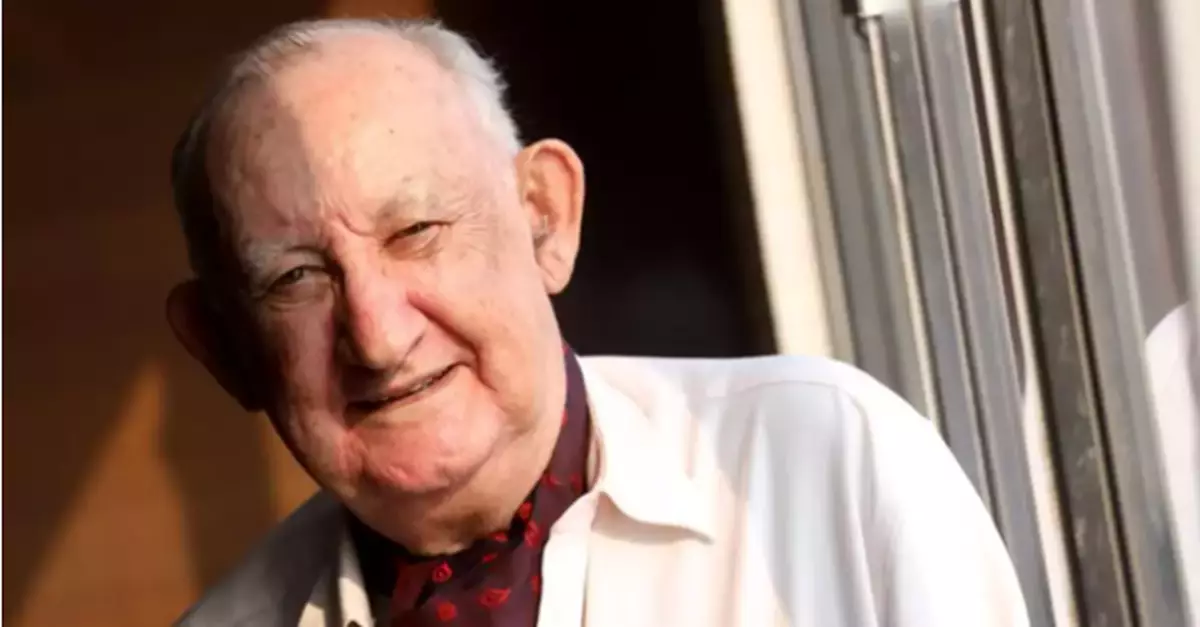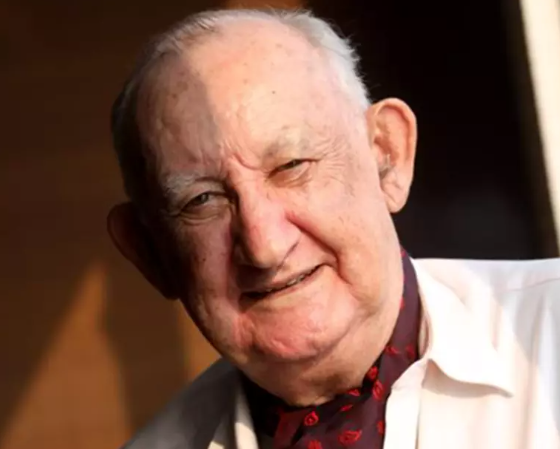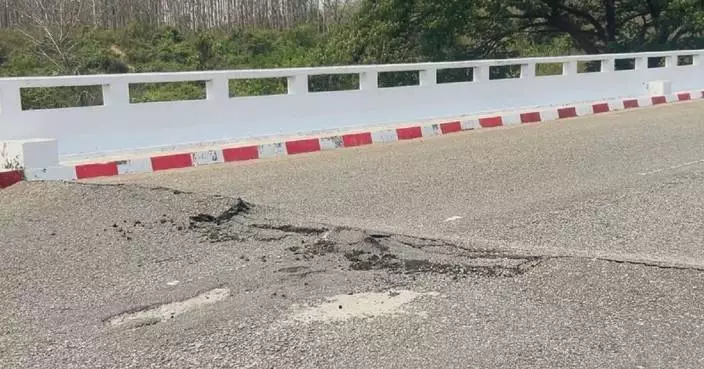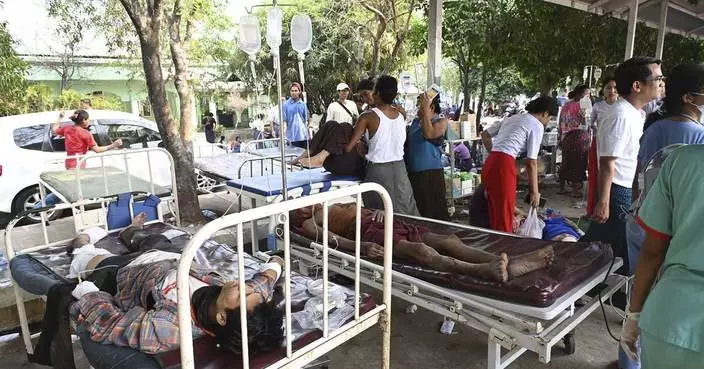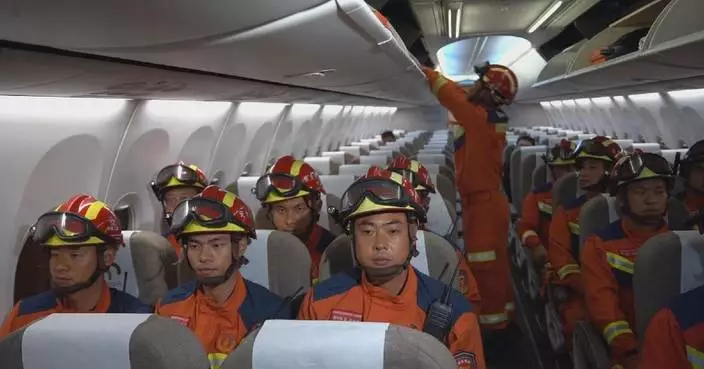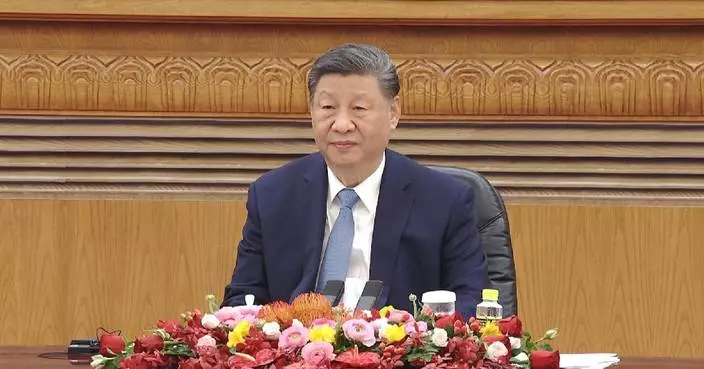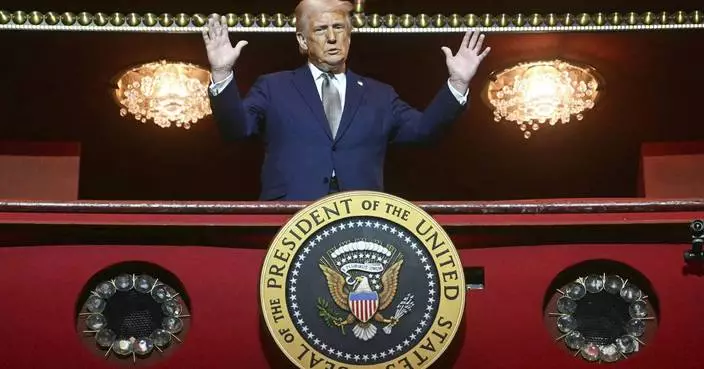Mark Pinkstone/Former Chief Information Officer of HK government
Former Hong Kong legal journalist, Stephen Mulrenan, has joined the ranks of the territory’s doomsday followers citing the well-worn lies of many media publications are being forced to close and that of Jimmy Lai’s solitary confinement, without mentioning it is by his own accord.
As the Asia correspondent for the London-based International Bar Association (IBA), Mulrenan quoted the usual Hong Kong-bashers, Caoilfhionn Gallagher and team mate Jonathan Price from the Doughty Street Chambers, statements from the Hong Kong Foreign Correspondents’ Club, and from Ravi Madasamy, LGBTQI+ Liaison Officer on the IBA Human Rights Laws Committee. But to give credit where it is due, he tried to balance his report by quoting extracts of an open letter to the UK from Hong Kong’s former Director of Public Prosecutions, Grenville Cross.
“I am very fond of Hong Kong, having lived there for nearly nine years and reported on legal developments in the territory for significantly longer,” said Mulrenen in a LinkedIn post. Documentation of his stay in Hong Kong is scarce, but he said he launched Asian Legal Business “just a year before half a million people took to the streets to protest against Article 23 of Hong Kong’s Basic Law, or constitution, which obliged the Hong Kong government to enact domestic national security legislation.
“Some 20+ years later and Article 23 is a reality, with not a protest in sight,” he wrote.
Do not be fooled that Article 23 has outlawed the right to protest and demonstrate. All freedoms in Hong Kong, including that of expression, demonstration and protest against government maladministration are enshrined in the territory’s Basic Law. In fact, last year Hong Kong had 270 public processions, and 71 public meetings authorised by the police.
He quotes Gallagher saying that the allegations against Jimmy Lai facing charges of collusion with foreign forces and sedition were the result of Lai’s “entirely peaceful activity supporting democracy and commemorating those killed in the Tiananmen Square massacre.” Lai has already been sentenced for his role in the unauthorised demonstrations, which were being held when Hong Kong had a fully elected legislature (a 50/50 combination of those elected by geographic constituencies and those elected by their various professions).
And Gallagher’s team mate at Doughty Street, Jonathan Price complained about court delays which, he said, “are not the sort you would see in a properly run rule of law compliant system.”
Price also had a dig at our Chief Executive John Lee who had accused some UK officials and legislators of trying to weaponize the country’s judicial influence to target China and Hong Kong.
“The law is always being weaponized by one side or another and is sued in relation to some of his other clients who found themselves on the wrong end of an ‘authoritarian’ government,” he said.
The major public relations exercise undertaken by Doughty Street Chambers on behalf of Lai and his son Sebastien is a classic example of the law being weaponized to undermine the judicial system in Hong Kong.
Lai’s case has been riddled with complexities, ranging from breaches of company regulations, editorial integrity, collusion with foreign governments and organisations, and sedition relating to incitement to harm the government.
Grenville Cross, in his open letter to the UK government, wrote that prosecutors, like their counterparts in the Crown Prosecution Service of England and Wales apply the traditional common law criteria and must be satisfied that the evidence they have at hand could ensure a reasonable prospect of conviction and must also be in the public’s interest to prosecute.
All of this takes time, especially in a very complex case. Also, Lai himself had also sought delays to prepare his case, which is currently being heard in the High Court.
Mulrenan went on to quote Ravi Madasamy, the LGBTQI+ liaison officer on the IBA Human Rights Law Committee saying that “many media outlets have closed operations in Hong Kong.” Of 90+ daily publications in Hong Kong, only two – Apple Daily and digital outlet Stand News – have closed voluntarily by their owners. A news agency, Factwire, closed for undisclosed reasons. So at least 87 publications are hitting the streets daily, all operating freely within the confines of Hong Kong law.
Madasamy claims there is no separation of powers in China and there was no allegiance to the rule of law. He obviously has no idea how China works and that although it differs from the common law system practiced in all British commonwealth countries and the US, it practices the civil law system which is used by judicial authorities throughout the rest of the world.
Madasamy thinks of himself as a businessman and “if what has happened to Jimmy Lai then trumped-up charges can happen against me as well. As someone who is doing human rights work in the region, I will definitely not want to have meetings in Hong Kong.”
A recent World Bank Report ranks Hong Kong as one of the top business centers in the world and highlights that Hong Kong has few restrictions on international trade in services and implements good practices in terms of information provision and regulations relating to company registration.
Obviously Madasamy is missing something here.
Mark Pinkstone
** The blog article is the sole responsibility of the author and does not represent the position of our company. **


